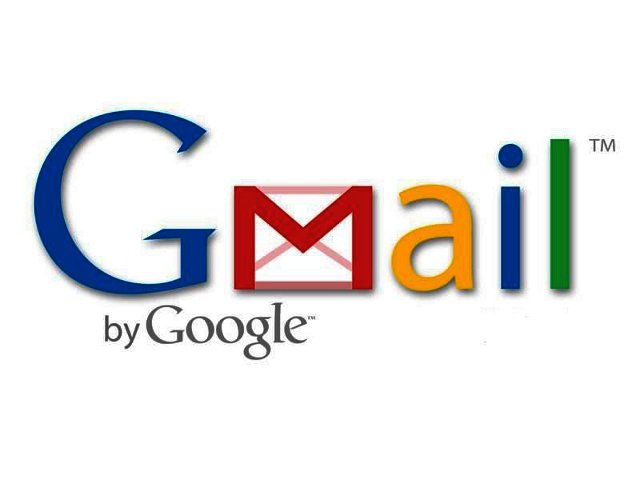NSA mining contacts en masse
By Ryan Noik 15 October 2013 | Categories: news
Ever since Edward Snowden broke open the National Security Agency’s (NSA) PRISM initiative, revelations have been leaking out with regards to just how much users’ privacy on the internet has been compromised. Well, the latest disturbing news for privacy advocates is that the agency has apparently been collecting millions of address books from email and instant messaging accounts globally.
What’s more, the operation is not on a small scale either - according to The Washington Post, the agency garnered nearly half a million (444 743) e-mail address books from Yahoo!, 105 068 from Hotmail, 82 857 from Facebook, 33 697 from Gmail and 22 881 from other providers, close to 690 000 contacts per day.
Contact me
Cumulatively, this means that the agency could effectively gather a total tally of worldwide contacts in the order of 250 million in one year, which makes old-world repositories of contact information such as regional phonebooks look like a first grade project.
Apparently the NSA is using this information to “search for hidden connections and map relationships”.
Clearly though, and by a large margin, Yahoo! email and instant messaging lists seem to be the most popular source of data mining; the reason for this could be that Yahoo! has not regularly encrypted its online sessions. However, the internet company has stated that as of the beginning of next year, online webmail will be decrypted by default, bringing it in line with other online email providers.
Of course, where there is a will there is a way, and Yahoo!’s forthcoming encryption efforts are hardly expected to deter the NSA, which apparently has workarounds for encrypted communication already.
To the point
The revelation around the NSA’s collection efforts apparently come from senior intelligence sources within the agency, as well as the documents leaked by Snowden. This poses two questions: could the NSA become the foremost authority on Big Data, considering the vast volumes of information they appear to be gleaning on a daily basis? Secondly, and more disturbingly, is the expectation of privacy of one’s personal information merely a quaint notion that is in effect already dead and buried?
Most Read Articles

Have Your Say
What new tech or developments are you most anticipating this year?



